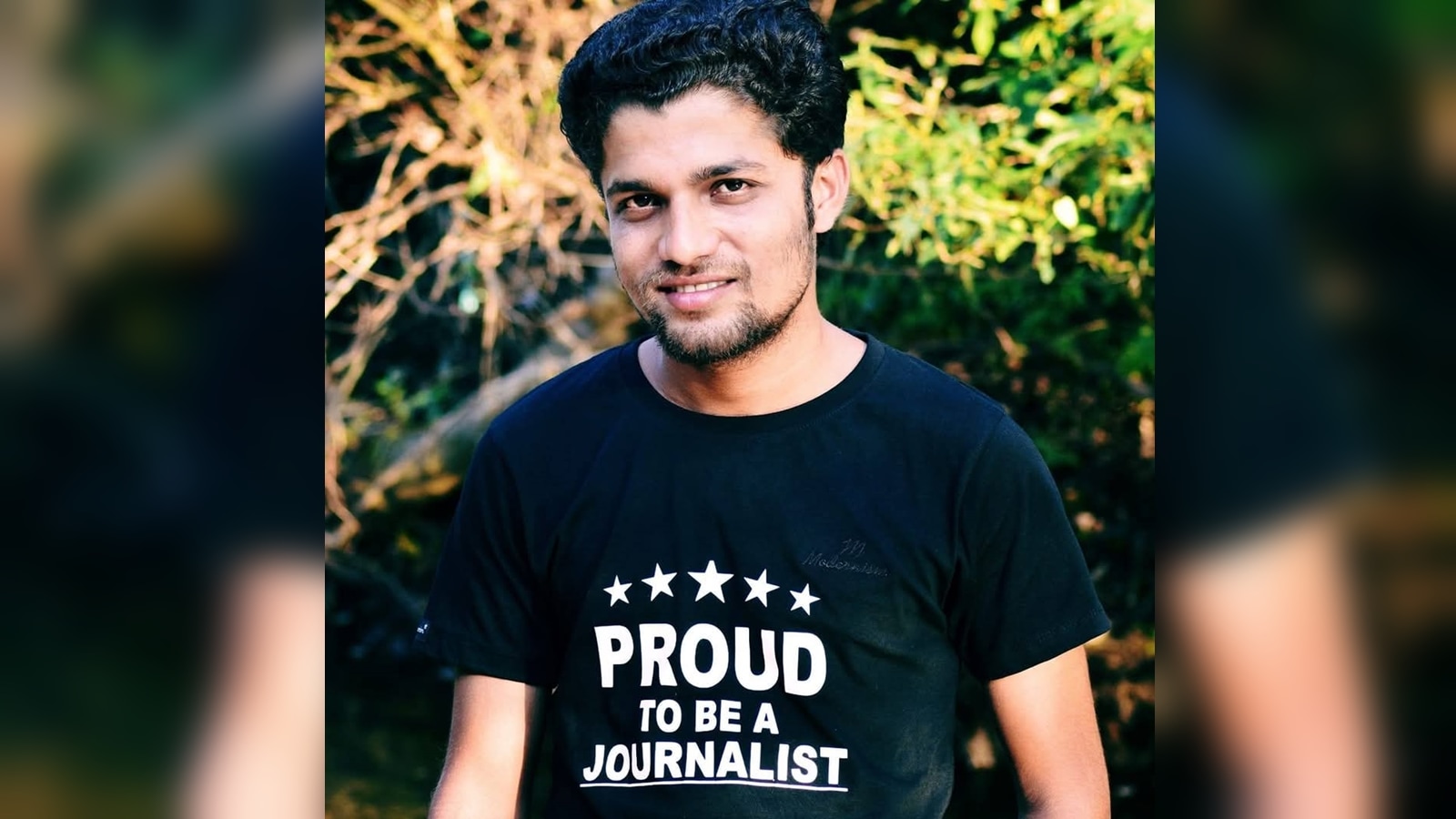 |
|
The brutal murder of 33-year-old freelance journalist Mukesh Chandrakar in Chhattisgarh's Bijapur district has sent shockwaves through the state and the nation's journalistic community. His body, discovered in a septic tank on the property of a local contractor, Suresh Chandrakar, has ignited widespread protests and demands for swift justice. The incident underscores the precarious situation faced by journalists, particularly those reporting on sensitive issues such as corruption and government malfeasance, in regions grappling with complex socio-political dynamics. Mukesh, known for his work with news channels like NDTV and his popular YouTube channel, ‘Bastar Junction’, was a fearless reporter who often tackled controversial topics. His involvement in securing the release of a CoBRA commando held captive by Maoists in 2021 further highlights his courage and commitment to his profession. The police have detained three individuals in connection with the murder, and while their identities have yet to be officially released, the investigation is ongoing. The swift detention, however, offers a glimmer of hope that the perpetrators will be brought to justice. However, skepticism remains, fueled by the perceived slow response from authorities in the past to similar crimes against journalists.
The circumstances surrounding Mukesh's death point towards a possible connection to his recent reporting on alleged irregularities in local road construction projects. Suresh Chandrakar, the owner of the property where the body was found, is reportedly linked to these projects. This alleged connection fuels speculation that Mukesh’s investigative journalism may have cost him his life. The police's suspicion that the murder is linked to this report necessitates a thorough investigation into not just the immediate perpetrators, but also the possibility of a larger conspiracy involving powerful figures who benefited from the alleged irregularities. The pressure is on the authorities to ensure a transparent and unbiased investigation, free from political interference, to avoid undermining public trust and sending a chilling message to other journalists working in conflict-ridden or sensitive areas. Failure to deliver a just outcome could embolden those who seek to silence critical voices through violence and intimidation.
The protests following Mukesh's death highlight the deep-seated anger and frustration within the journalistic community and the broader public. Journalists in Bijapur staged a symbolic road blockade, demanding the attachment of Suresh Chandrakar’s properties, his arrest and prosecution, and the removal of any security detail he might have. Their demands also extend to the suspension or transfer of the Bijapur superintendent of police, suggesting a lack of faith in the local law enforcement’s ability to conduct a fair and impartial investigation. The escalation of protests to a potential indefinite road blockade emphasizes the urgency of the situation and the profound impact of Mukesh's death. Similar protests in Raipur further demonstrate the widespread concern and the need for a strong response from the state government. Chief Minister Vishnu Deo Sai’s assurance of swift arrests is a necessary first step, but the demands of the protesting journalists – for a fair investigation, prosecution of all involved, and systemic reforms to ensure journalist safety – need to be addressed to prevent such tragedies in the future. The case necessitates a deeper examination of the security challenges faced by journalists in Chhattisgarh and the measures required to guarantee their protection.
The murder of Mukesh Chandrakar is not an isolated incident. It represents a broader pattern of violence and intimidation targeting journalists in various parts of India who dare to expose corruption, wrongdoing, and powerful interests. The case serves as a stark reminder of the risks journalists face when reporting on sensitive issues and the importance of protecting freedom of the press. The state government must take proactive steps to address the systemic issues contributing to such violence, including providing greater protection to journalists, improving investigative capacity, and ensuring accountability for those responsible for attacks against media professionals. A thorough and impartial investigation is crucial, not only to secure justice for Mukesh and his family but also to send a clear message that such acts of violence will not be tolerated. The international community should also take note of this incident and pressure the Indian government to uphold the principles of press freedom and ensure the safety of journalists. The ongoing protests and public outcry underscore the need for immediate and decisive action to prevent further violence and to safeguard the fundamental right to freedom of expression.
Ultimately, the lasting legacy of Mukesh Chandrakar’s death should not be just the outrage and condemnation, but the systemic change required to protect journalists and uphold the values of a free and independent press. The demands of the protestors, while seemingly harsh, are crucial steps towards ensuring accountability and preventing future tragedies. It is imperative that the Chhattisgarh government responds swiftly and decisively, ensuring that the investigation is thorough, transparent, and free from external influence. Furthermore, the central government needs to review and strengthen existing legislation to ensure the protection of journalists and freedom of the press across the country. The memory of Mukesh Chandrakar should serve as a catalyst for meaningful reform, ensuring that his sacrifice leads to lasting change and a safer environment for journalists to operate within.
Source: Chhattisgarh: Three detained in connection with Bijapur journalist’s murder
